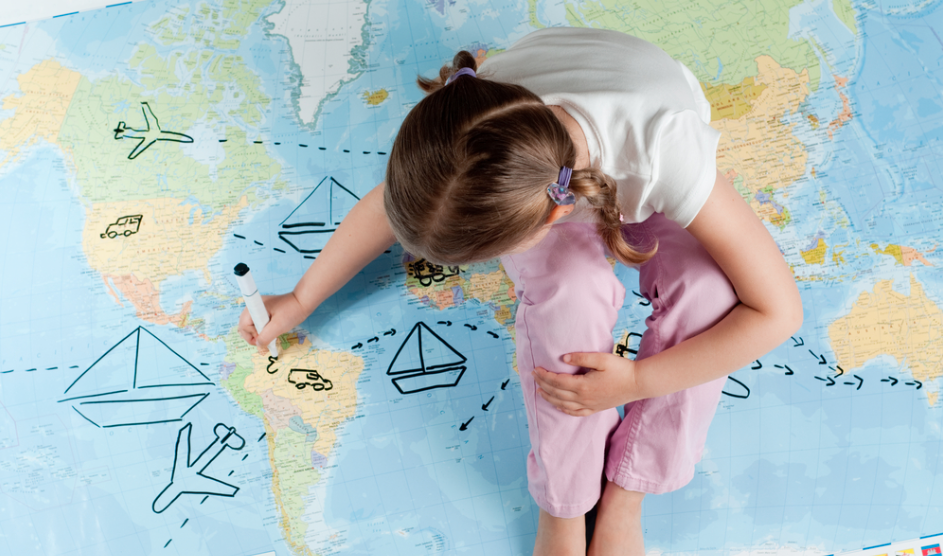Your Child’s First Flight
As you know, Dr. Bartell is a licensed pilot. He likens it to performing body recontouring surgery, stating a pilot must also be creative in many situations, adjusting to changing conditions or weather and other air traffic. While Dr. Bartell may love flying, it can still be a daunting thing for others, and often, children may become frightened before their first flight.
Preparing Your Child In Advance
There are many good ways to prepare for your child’s first flight.
- Read age-appropriate books to them about flying
- Take them to a visit at the airport days before your flight
- Have them help pack for the trip
- Talk to them in detail about what to expect
- Watch age-appropriate movies related to flying on airplanes
- Arrive early so your child can get accustomed to the airport and watch other flights take off
- Let them help you pack
Regardless of how far you’re going, it is always imperative to check your flight schedule and know the plan for the entire day. For many children, keeping as close to their normal day’s schedule as possible – meals, nap time, etc – can be crucial to ensuring they don’t experience additional anxiety the day of your flight.

Should They Have Their Own Seat?
Often, airlines will let children under 2 years fly free on domestic flights. However, you should check if they still tax you for the child, which can get expensive, meaning having a separate seat for your child might be worth it. Be sure to call the airline before booking your flights to find out if this is the case for your trip. Also make sure you truly think of your child’s behavior; only you know him or her best. If they are full of spunk, their own seat might be a good idea, freeing you from the stress of a squirmy lap companion.
As a side note when purchasing your tickets, always make sure you are seated together!
Getting Through the Airport
Ideally, you might want to see if someone can drop you off at the terminal instead of driving yourself and your child to the airport. This way, you avoid having to deal with parking your car and carrying your luggage as well as holding onto your child, which can be greatly stressful.
Airports are strict when it comes to what you carry on, so always be sure you research in advance what you can and cannot bring onto the plane. The quicker you get through security, the less anxiety your child (and you) will deal with. Try to arrive earlier than you normally would, too, to try and avoid longer lines.
The Flight
Depending on the age of your child, there can be many different things to do to keep them occupied during their first flight. If you have an infant, the best options are to do exactly what you normally do at home. Feed them, bounce them, walk along the plane once able to. Many times, infants might even sleep through the entire flight.
If your child is a toddler, coming up with activities to entertain them during the flight can help pass the time. Small games can be played, or you can bring a movie for longer flights. Other ideas include coloring books, building with pipe cleaners, and reading.
Always be sure that you have plenty to do for your child on their first flight. It is also important to move on to the next activity the moment you notice them losing interest. Forcing them to continue may only initiate a temper tantrum.
After Your Child’s First Flight
Ideally, it is often a good idea to let others disembark from the plane before you and your child. It can cause a hassle trying to get children out as quickly as possible, irritating other flyers, too. Once out of the airport, it is a good idea to have someone pick you up instead of having to deal with renting a car, which can further upset your child.
The more you plan in advance, the better and less stressful it will be for you when the day of your flight.


